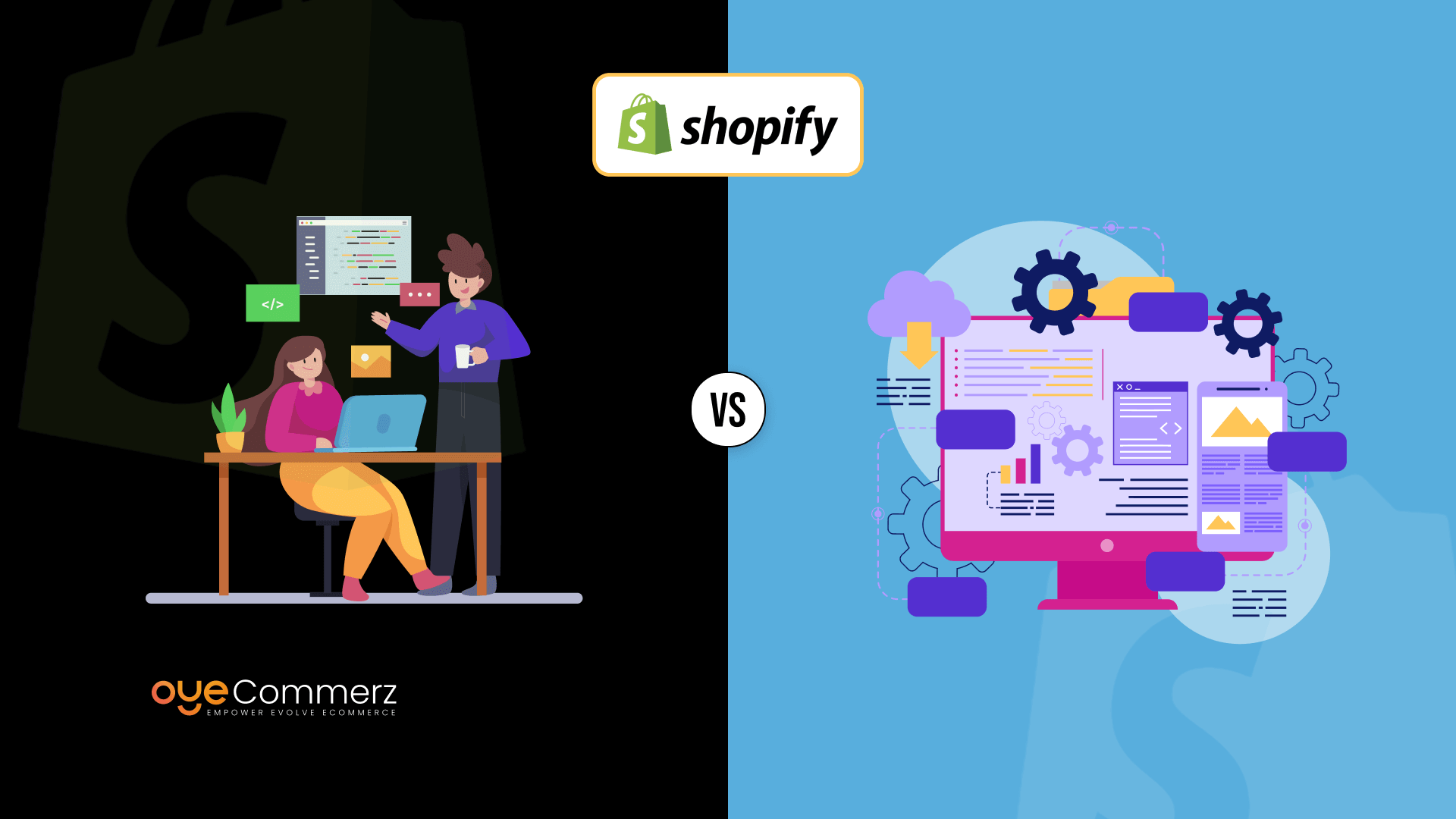Overview
In the current competitive e-commerce landscape, standing out is paramount, and a top method to set apart a Shopify store is through custom app development. A well-built Shopify app can boost store functionality, simplify processes, and boost customer interaction. This article delves into key elements of Shopify app development, from API integration to growth techniques and promotion methods, providing a roadmap for businesses seeking unmatched store efficiency.
The Importance of Shopify API Integration
Shopify’s API provides powerful tools to personalize and expand store capabilities. With the GraphQL and REST API options, developers can access data to create apps that handle inventory control, order processing, and customer information management smoothly. Integrating Shopify’s API can lead to better workflow automation and enables stores to serve customers more effectively.
Adopting the Polaris Design System
Shopify’s Polaris is Shopify's design system for creating intuitive and accessible Shopify apps. By following Polaris principles, developers ensure that apps seamlessly integrate within the Shopify Admin experience. This ensures a cohesive look and feel that appeals to Shopify merchants, promoting usability and familiarity for merchants using your custom app.
Navigating the Shopify App Ecosystem
The Shopify app ecosystem provides numerous opportunities for improving e-commerce sites. From managing fulfillment processes to increasing customer interaction, apps in this ecosystem are designed to meet various business requirements. Learning about this ecosystem assists developers in finding unique app ideas and allows for smooth connections of external tools that add value to the store.
Developing Embedded Shopify Apps
Embedded apps integrate directly within the Shopify Admin, allowing a seamless experience for merchants. They ensure that merchants do not need to navigate away from their Shopify control panel, streamlining their workflow. Employing Shopify App Shopify App Bridge Bridge and embedded app features is recommended for providing a unified, well-integrated user environment.
Leveraging Node.js and React for Shopify Development
Node.js and React have become top options for Shopify app creation. Node.js enables high-performance server-side applications, while Enhance Shopify performance React enables interactive and adaptive front-end design. Combined, they offer an excellent platform for creating speedy, scalable Shopify apps that enhance store performance and customer engagement.
Webhooks in Shopify Apps
Webhooks enable instant data synchronization between Shopify and an external app. They trigger events such as order creation or stock changes and send instant alerts to your app. By utilizing webhooks, apps can deliver real-time information to store owners, simplifying processes and increasing productivity.
Engaging Customers Through Digital Marketing for Shopify Apps
To ensure Shopify app success, connecting with users is crucial. Utilizing online marketing techniques like SEO, email marketing, and social outreach can drive app adoption. Additionally, designing apps with customer engagement in mind (e.g., loyalty programs or personalized recommendations) increases user retention and satisfaction.
Making Your Shopify App Scalable
As e-commerce businesses grow, so do their technology requirements. Making sure that your app can manage higher usage, larger data sets, and more advanced functionalities is critical. By improving server capacity and using scalable technologies, you can develop apps that expand in tandem with a store’s success.
Essential Features and Maintenance for Shopify Apps
For an app to be effective, it should offer essential features like user authentication, analytics dashboard, and support channels. Regular app upkeep, with updates to fix bugs and ensuring compatibility with new Shopify functionalities, is vital to maintain uninterrupted performance and avoid interruptions to merchant workflows.
Conclusion
Custom Shopify app development holds vast potential for e-commerce stores, providing the chance to enhance performance, streamline processes, and foster customer loyalty. From integrating APIs to ensuring scalability and customer engagement, creating a Shopify app involves thoughtful preparation and strategic execution. If you’re prepared to unlock your store’s full potential, a custom Shopify app may be the perfect choice. What capabilities do you envision for your ideal app? Share your ideas and take the first step toward an enhanced e-commerce experience!
